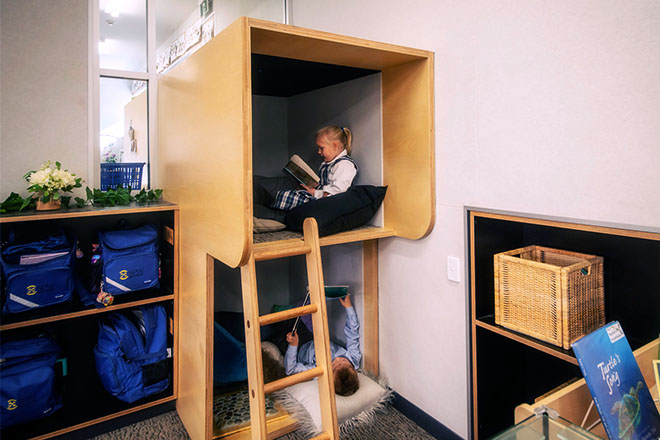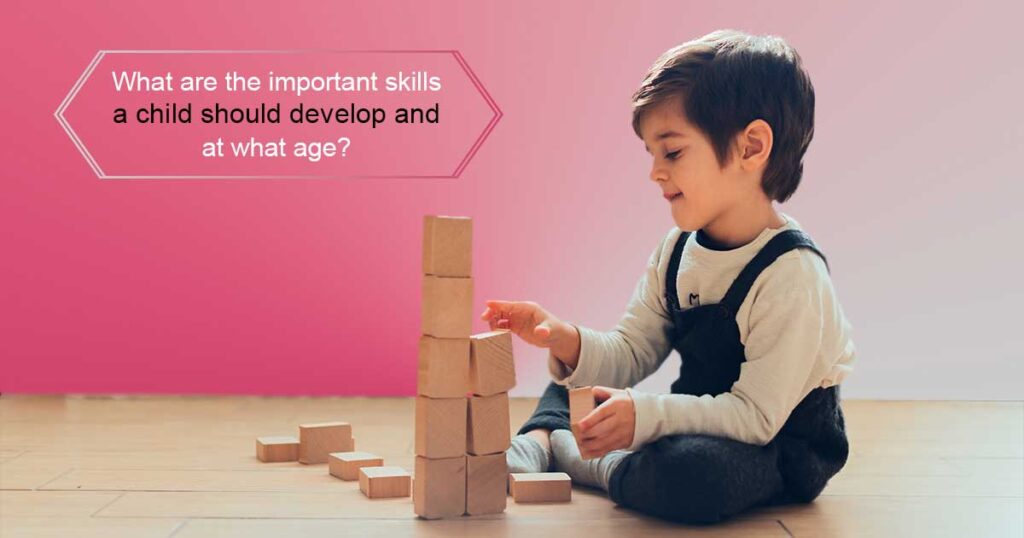A Simple Path to Earning an Education Degree
Children are the foundation of our future, and shaping their lives through proper education is one of the most important responsibilities of parents, educators, and society as a whole. From the moment a child is born, they begin learning by observing and interacting with their surroundings. Parents serve as a child’s first teachers, helping them understand basic concepts, behaviors, and the world around them. However, as children grow, formal education becomes essential to enhance their cognitive, emotional, and social skills. This is where early childhood education (ECE) plays a critical role in laying the groundwork for their future success.

Preschool education, in particular, prepares children for their formal schooling years. It provides young learners with the tools to understand fundamental concepts through fun, engaging activities. Teachers who work with preschool-aged children must have specialized knowledge and skills, which can be acquired through an early education degree or an Early Childhood Education degree. This degree equips educators with the ability to nurture and guide young minds effectively during their most formative years.
What Does Early Childhood Education Involve?
Early childhood education focuses on teaching children from infancy up to around eight years of age. Educators in this field work with preschoolers to help them grasp essential skills such as language development, social interactions, and basic academic concepts. Through interactive learning methods, such as storytelling, music, games, and hands-on activities, children are introduced to foundational topics in a way that captures their curiosity.

ECE is not limited to textbooks or rigid learning. Instead, it emphasizes a child-centric approach where children learn through exploration, play, and creative expression. Activities like listening and observation exercises, group games, and creative projects not only entertain children but also build important developmental skills, such as critical thinking, communication, and teamwork. Teachers often integrate tools like language labs or phonics programs to enhance children’s reading, writing, and grammar abilities.
One of the most significant benefits of early education is that it prepares children to transition smoothly into primary school. It also instills confidence, improves problem-solving skills, and fosters a love for learning. By helping children grow into capable learners, early education contributes not only to their personal development but also to the strength and progress of society as a whole.
What is an Early Education Degree?
An early education degree or an Early Childhood Education degree is a specialized program that trains aspiring educators to work with young children in daycare centers, preschools, and primary schools. This degree covers various areas of child development, teaching strategies, psychology, and curriculum planning for early learners.
Programs under this degree typically include courses in child psychology, early learning theories, classroom management, language development, and creative teaching techniques. Individuals pursuing an early education degree can specialize in areas like preschool teaching, child growth and development, special education for young children, or daycare management.
Most ECE degree programs require candidates to have a high school diploma or a bachelor’s degree in any relevant field as a prerequisite. Some programs offer advanced opportunities, such as Master’s or Ph.D. studies, for individuals who wish to deepen their expertise and open up higher-level career options.
Why Pursue an Early Education Degree?
Choosing a career in early childhood education can be incredibly rewarding, both personally and professionally. Educators in this field have the opportunity to shape the lives of young children, helping them develop skills that will serve them throughout their academic and personal lives.
An early education degree opens doors to various job roles, including preschool teacher, child care specialist, curriculum designer, or early education consultant. It also provides a pathway for further studies and research, allowing educators to contribute to the field of education on a larger scale. More importantly, by empowering young learners, educators play a key role in building a brighter and stronger future for the next generation.
In conclusion, early childhood education is a cornerstone for lifelong learning and development. Pursuing an early education degree is not only an investment in one’s career but also a contribution to the betterment of society. By preparing young minds for the future, educators become pillars of progress and growth, ensuring a promising tomorrow for generations to come.



